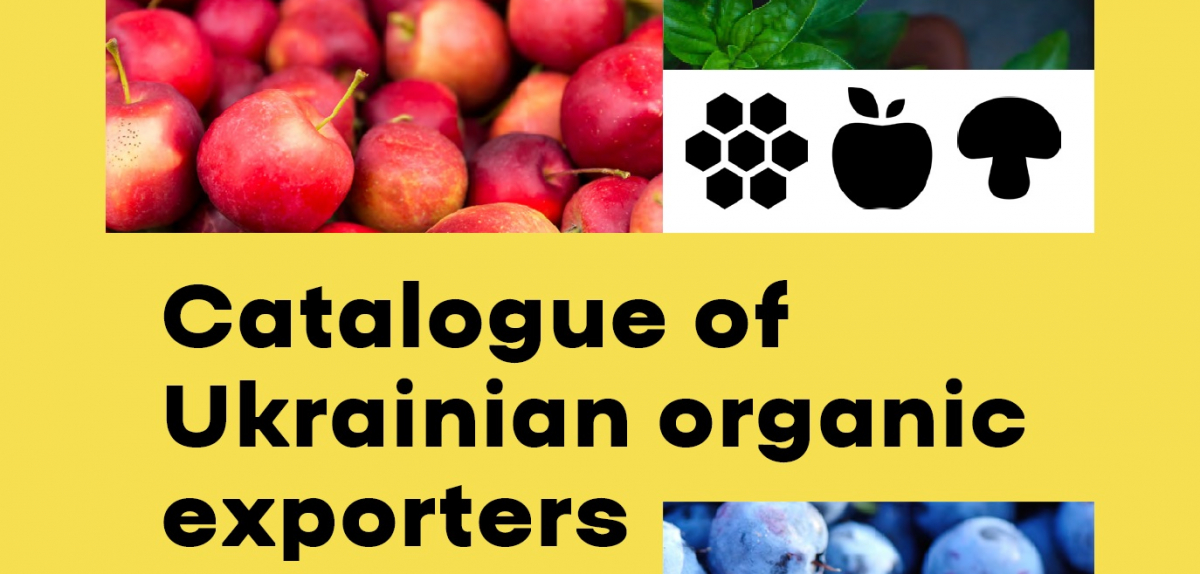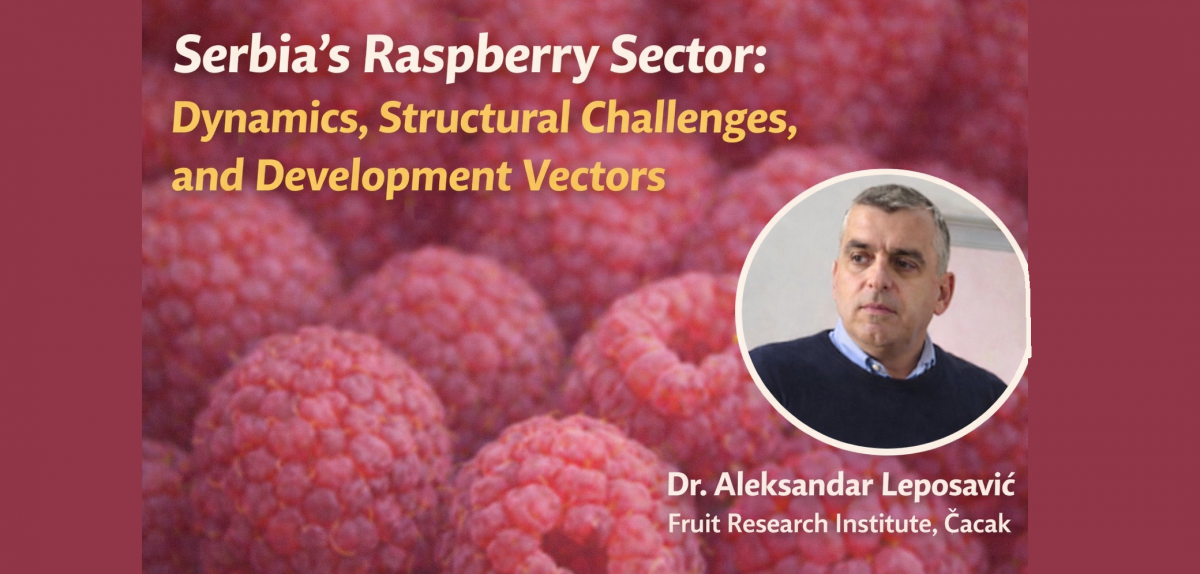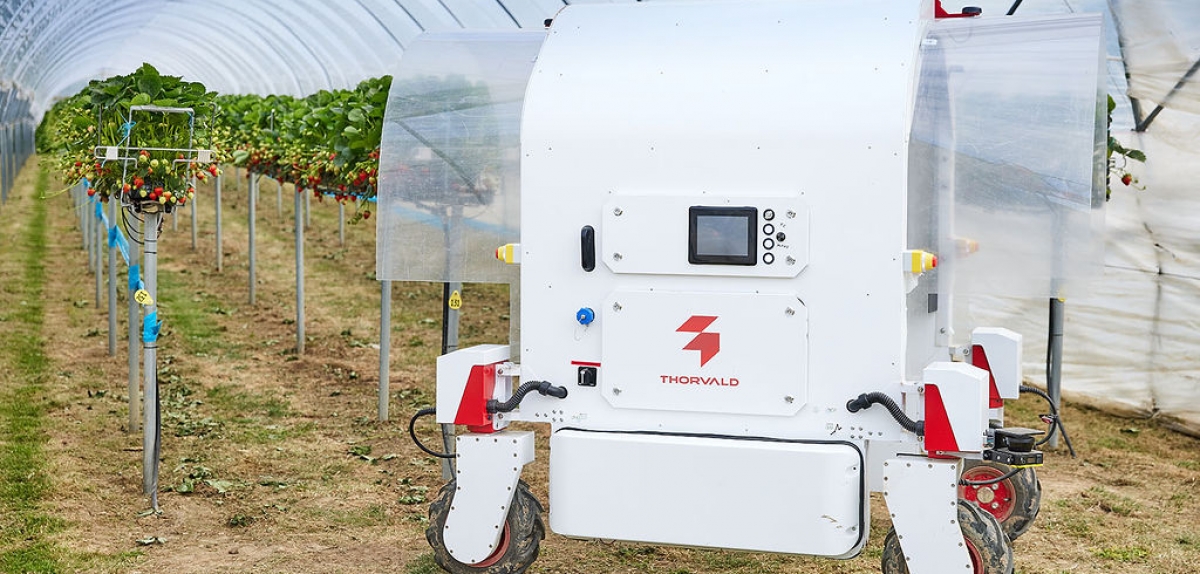
News
Foreign Trade in Berries of Ukraine in the 2025: An Analytical Overview

The updated Catalog of Ukrainian Organic Exporters 2026 is now available!
Technological advances in growing berries and vegetables in Ukraine and the world in 2025

Serbia’s Raspberry Sector: Dynamics, Structural Challenges, and Development Vectors
Thorvald, an autonomous robotic platform currently focusing on reducing powdery mildew through UV-C treatment, has claimed a world first by achieving complete control of the pathogen during the British growing season at both the farms it has operated on treating table-top crops.
The robot delivered UV-C treatment to protect strawberry plants on approximately 10.6ha of land at Clock House Farm and 2ha at Hugh Lowe Farm, both in Kent, from March to October 2021.
During that period neither farm needed to spray their strawberry plants with any kind of powdery mildew-targeting chemical control agent, a world first, despite 2021 being a year in which the pathogen has been especially prevalent, manufacturer Saga Robotics reported.
Oli Pascall, managing director at Clock House Farm, described the combined work of the farm, co-op Berry Gardens and Thorvald as an “industry-leading result”.
Thorvald has been on trial in the UK since 2019, but 2021 saw plant samples that have been examined having no traces of the fungal disease.
Pål Johan, chief executive at Saga Robotics, said: “Throughout the season, our robots have efficiently treated over 7,300 linear kilometres of strawberries with completely effective treatment, 100 per cent robot service reliability and no failures. These results have only increased what was already strong interest in our service.”
Dan Sargent, head of plant sciences at Saga Robotics, added: "Not a single chemical has been needed to protect these plants from powdery mildew all season, and that’s great news for the growers, their customers, and the consumers.”
Pascall continued: “Clock House Farm has always prided itself on being at the forefront of soft-fruit innovation and has achieved this through strong strategic partnerships. The first three robots that Saga Robotics used to treat crops at Clock House Farm were bought by Berry Gardens and they delivered positive results in 2020, although there was evidence that we needed a stronger intensity of UV-C. This has been addressed with a positive outcome, and the improved results seen in 2021 are of an outstanding level of protection.”
Source: Fruitnet.com

 En
En  Укр
Укр 
